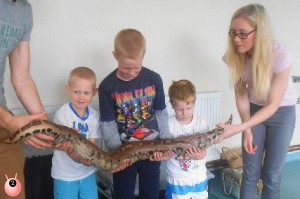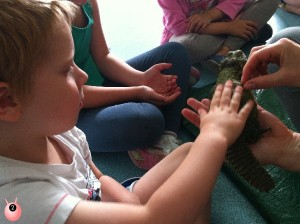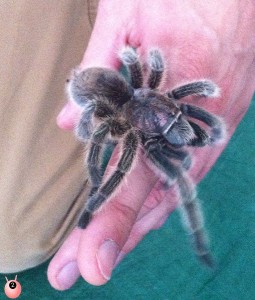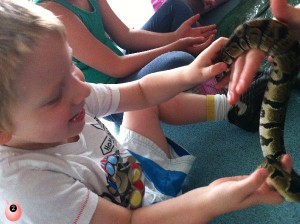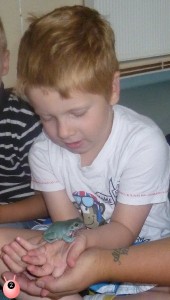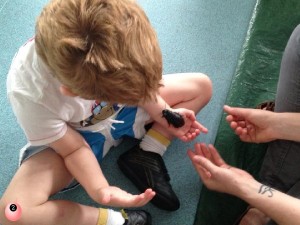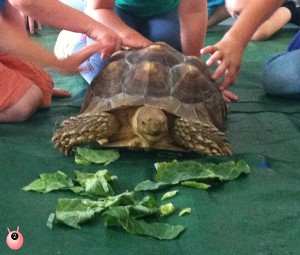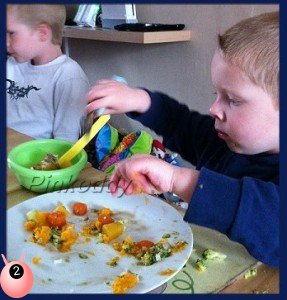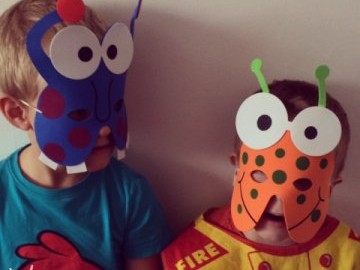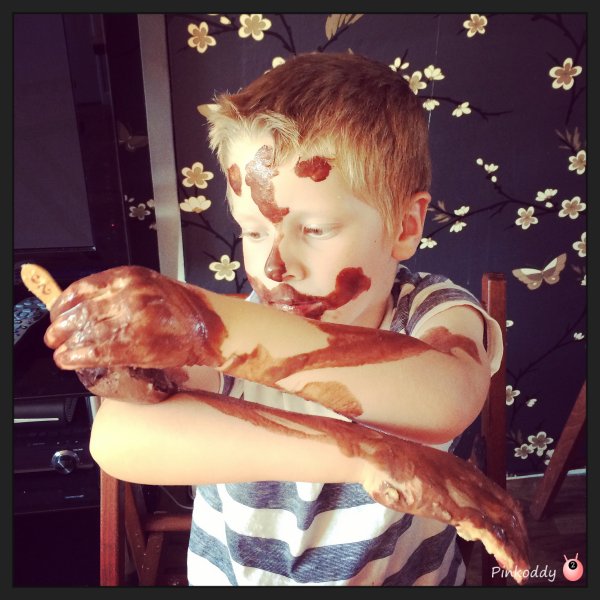When it comes to older children parents can help them learn to manage their own sensory needs. The most important thing to realise, is that it is the children themselves who know best. They are the ones experiencing things and can tell what works and what doesn’t.
Here are some suggestions for parents helping their older children to learn to manage their own sensory needs. Special thanks to some local parents for their help some neurodivergent themselves.
How Parents Can Help Older Children
First parents need to accept that their child is making those choices because they need to, rather than the fact they are trying to get out of something. But, on the other hand not all of them really will be to do with the sensory needs, but that they are becoming more autonomous, just like their peers.
As they mature it could be that the child can hold a full and frank conversation on the issue, and less likely that parents will need to rely on making conclusions based on their behaviour alone.
Parents should let children express their views and respect their decisions. Parents should listen to what they are told – believing it and acting accordingly. Parents should assume competence in their child, including when judging when the child can or cannot handle something, and what supports that young person needs in place.
Give Older Children More Choices
Parents/carers have to show them that they have choices; which will also help them to feel in control of their decisions. This will also hopefully promote independence. Allowing self-management where possible. However, try not to limit the choices, giving as many as possible.
Allow them to select things when shopping for clothes, or deciding what to wear (I know how I like to wear the same clothes – for me it is the feel and the practicality); by having lots of breakfast options available for them to select from; and so on. See Sensory Processing Issues with Clothing.
Alter Your Boundaries Accordingly
Question why we want things a certain way. Is it really important (eg their teeth will become bad, risk of skin cancer for not wearing sun cream) or is it something we would like them to do? Personally I get hot super easily and people always want me to wear more clothes when they feel it is colder – how many parents feel that their child NEEDS a coat in winter, when they’re honestly not cold!
This may mean altering your own boundaries of what you feel is acceptable. In the breakfast example our son will eat plain pancakes but cannot make them himself. He has recently started learning to cook himself toast but will only eat it smeared in jam. As parents we do not feel that jam every day is good for his health, but actually his independence is more important. We keep having discussions about why we do not feel jam every day is good and suggest alternatives but ultimately it is him who needs to decide to change this.
Give Older Children Explanations
This will involve having plenty of discussions about things. This will also help them to consider and extend their understanding of their own needs.
Like it is no good just telling them that they have to brush their teeth but what could happen as a consequence if they chose not to do so. That the choice is actually theirs. Get them to consider what it is about brushing their teeth that makes them not want to do it. Help them think about the choices they have in regards to when, where and how they brush (what type of brush and paste) their teeth.
Help them to Understand their Sensory Needs
It may be that the child does not understand and needs more support. Sometimes the child will have put in their own strategies but without even realising it. Parents could talk to their child and help them better understand what tools and strategies they are using. For example, I know that The Sensory Seeker calms down when he gets into his Art or Music.
This may include acting out scenarios – even things that have happened before or what may happen so that they know what to do in that situation. Help them devise a sensory diet and incorporate feedback into daily activities.
Vulnerability
The chronological age may not match development, so make sure that everything is appropriate for where they are at. Develop the language around sensory awareness and model it. Also be aware that some of the ways they may self soothe may need monitoring too – especially for things like online gaming.
I hope this has been useful; is there anything else you can think of please?
See also: EHCP Phase Transfer Review Year 10
This question is one I am answering as part of the FREE Virtual Sensory Integration Education Annual Conference November 2022





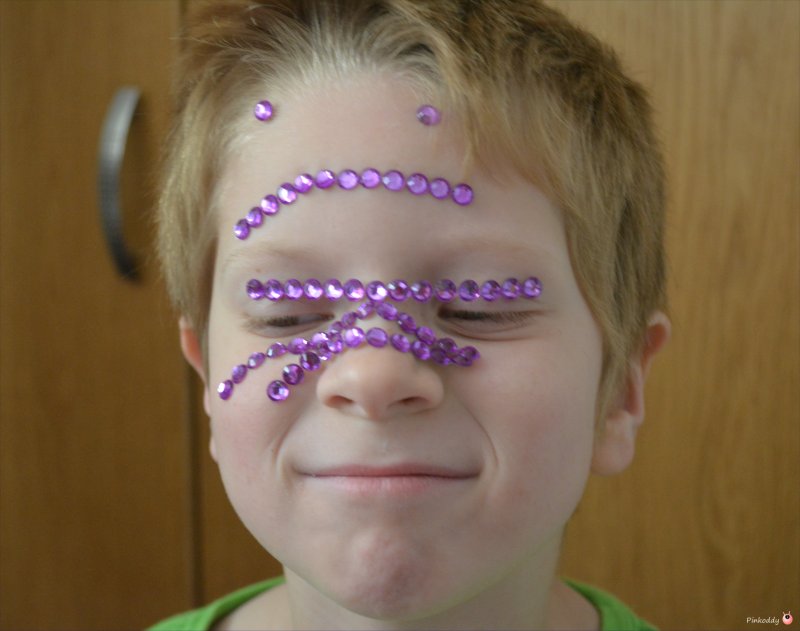

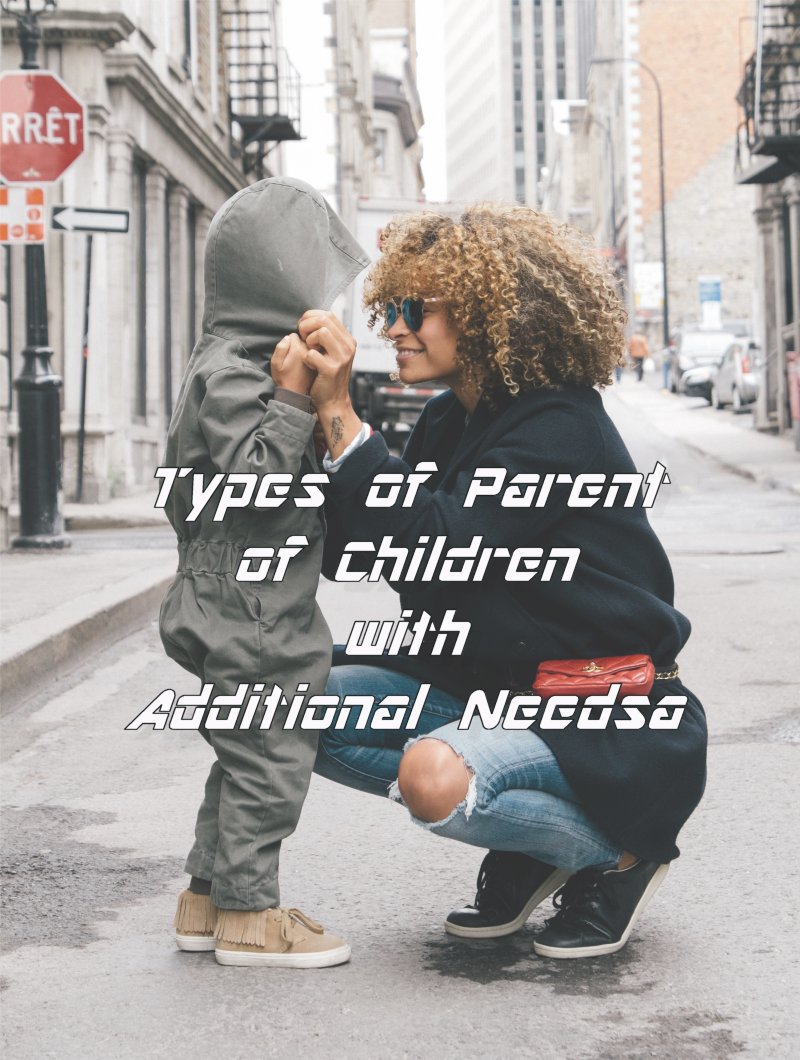



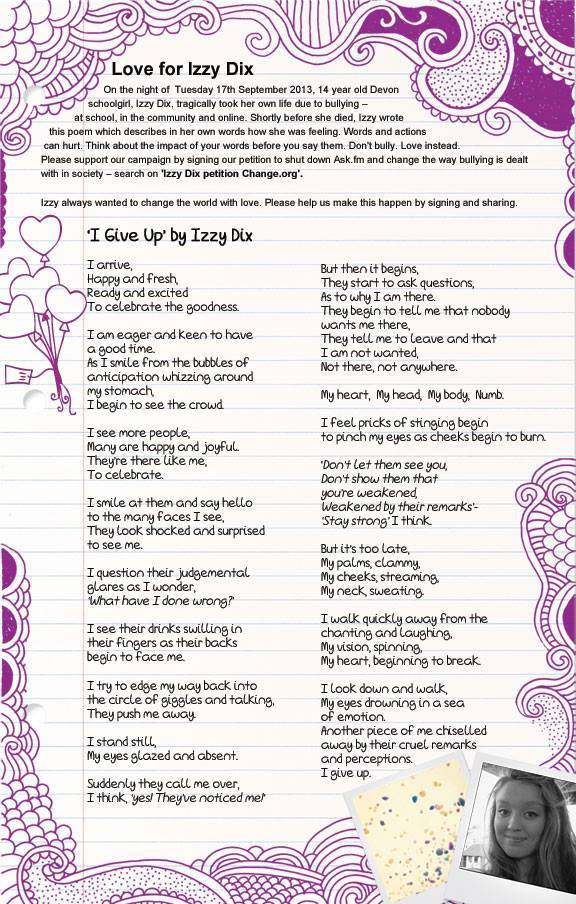
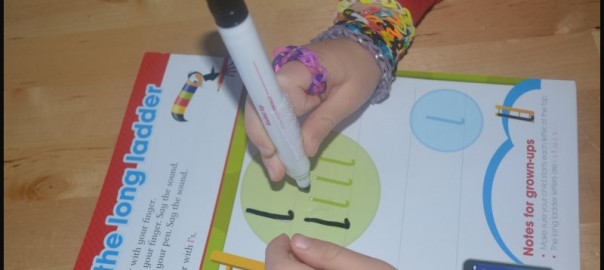
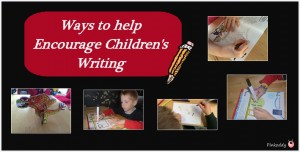
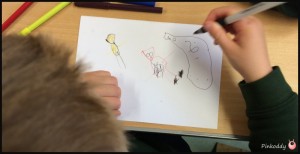
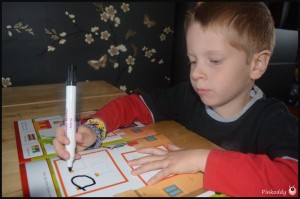 5 Letter Learning Activities with Mega Bloks
5 Letter Learning Activities with Mega Bloks







